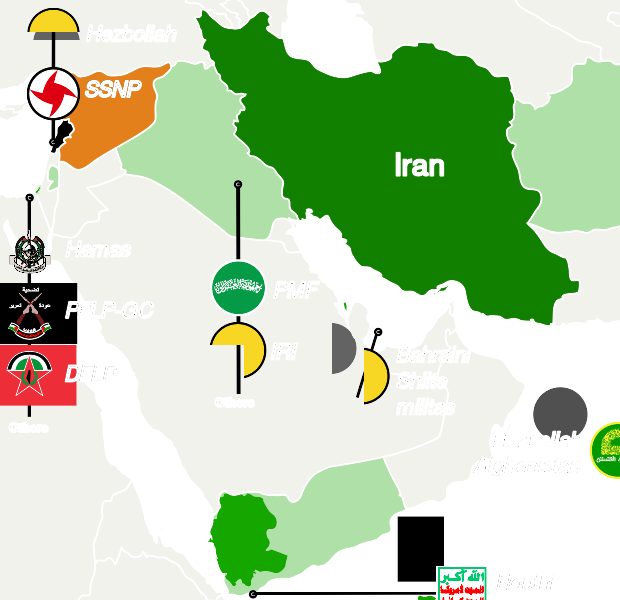
Introduction
The geopolitical landscape of the Middle East is marked by complex alliances and rivalries, with Iran playing a pivotal role as a significant regional power. Understanding Iran’s allies is crucial for comprehending the dynamics of Middle Eastern politics and stability, particularly against the backdrop of recent tensions relating to its nuclear program, proxy wars, and conflicts in countries like Syria and Yemen. Iran’s partnerships with various state and non-state actors are critical in shaping the region’s security architecture.
Key Allies of Iran
Iran maintains a network of allies across the Middle East, including Syria, Hezbollah in Lebanon, and various Shiite militias in Iraq. Each of these alliances serves distinct strategic purposes:
- Syria: Iran’s partnership with Syria is grounded in mutual interests against common adversaries, including the United States and Israel. Iran has supported Syrian President Bashar al-Assad through military aid and advisory roles since the outbreak of the Syrian civil war in 2011.
- Hezbollah: The Lebanese militant group Hezbollah is one of Iran’s most significant allies, receiving substantial military training and financial support. Hezbollah serves as a deterrent against Israel and extends Iran’s influence in Lebanon.
- Iraqi Shiite Militias: In Iraq, Iran has nurtured various Shiite militias to counteract Sunni extremists and influence Iraqi politics post-ISIS. Groups like the Popular Mobilization Forces (PMF) have been instrumental in solidifying Iran’s standing within Iraq.
Recent Developments
In recent months, Iran’s relationships with its allies have strengthened amid ongoing challenges. The normalization of relations between Iran and Saudi Arabia in 2023 has marked a significant shift, potentially altering the dynamics of ally relationships across the region. Additionally, the fallout from the Taliban’s rise in Afghanistan has prompted Iran to engage more actively with its regional allies to counterbalance the shift in power dynamics surrounding its borders.
Conclusion
The alliances held by Iran are essential in predicting the future trajectory of Middle Eastern politics. As regional tension escalates due to competing interests involving the U.S., Israel, and Arab states, Iran’s ability to consolidate its partnerships may be crucial for its survival and influence. Observers speculate that any shifts in Iran’s alliances, such as newly formed ties or deteriorating relationships, could significantly impact stability in the region. The ongoing evolution of Iran’s allies thus warrants close attention as analysts monitor the complex interplay of power throughout the Middle East.



